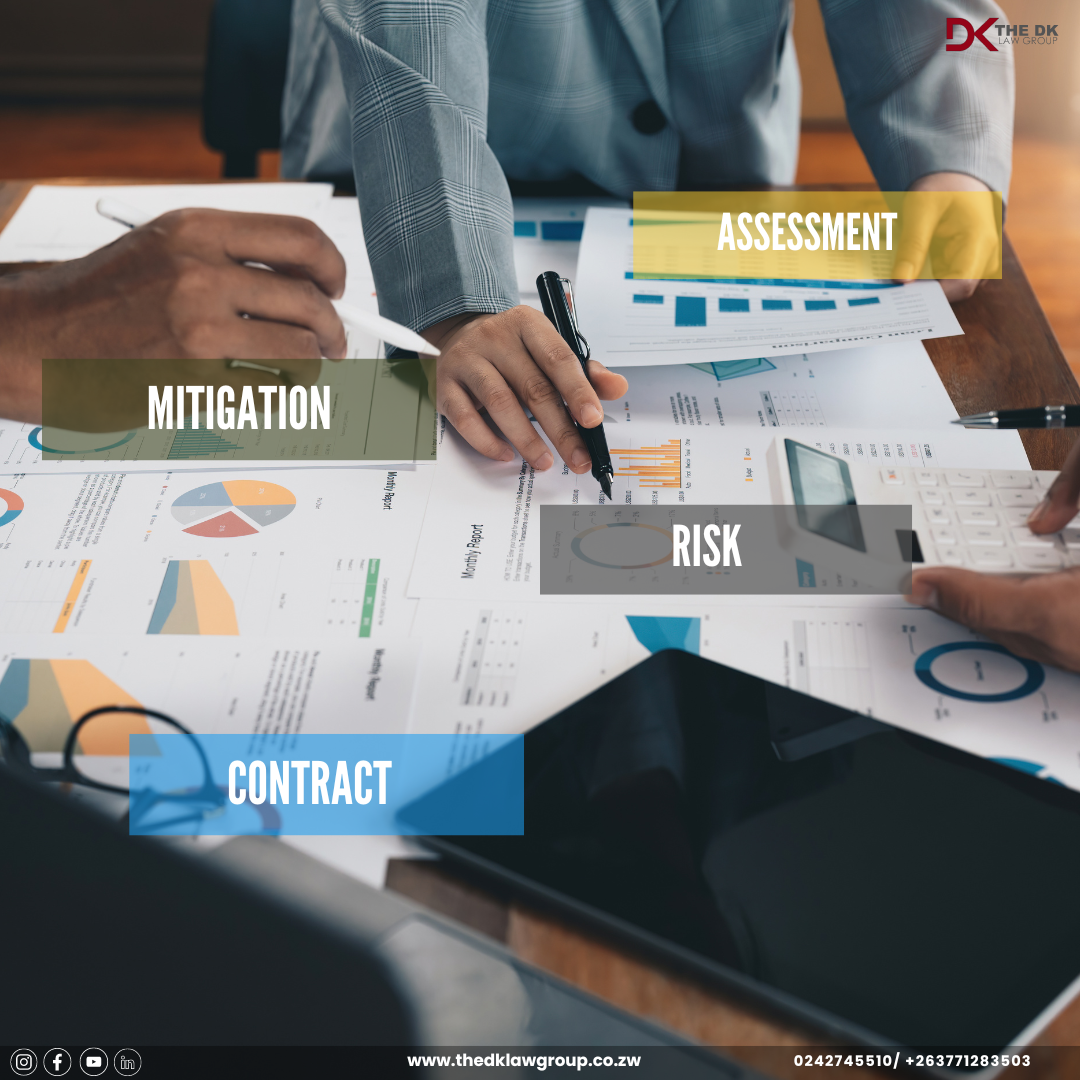Assessment and Mitigation of Risks in Contracts: Expert Insights from a Law Firm
INTRODUCTION
Contracts are an integral part of every business transaction, serving as a foundation for legal agreements between parties. However, they also come with inherent risks that need to be properly assessed and mitigated to ensure a smooth and equitable business relationship. To shed light on this crucial aspect, we spoke to experts at a leading law firm to gain insights into the assessment and mitigation of risks in contracts.
Understanding and Identifying Risks
The first step in the assessment process is to thoroughly understand the scope of the contract and identify potential risks. This includes examining contractual terms, legal requirements, potential conflicts, and assessing the overall impact on the parties involved. By clearly identifying and categorizing risks, the law firm can provide clients with a comprehensive risk analysis, allowing them to make informed decisions.
Risk Mitigation Strategies:
Once risks are identified, skilled attorneys develop effective strategies for risk mitigation. These strategies depend on the nature of the contract and the specific risks involved. Common methods include:
a) Contractual Negotiations: Parties can negotiate specific clauses and terms that allocate risks more evenly and address potential issues proactively. Effective negotiation helps in managing risks by clarifying expectations, specifying responsibilities, and defining liability limits.
b) Alternative Dispute Resolution (ADR): Opting for ADR mechanisms such as mediation or arbitration can provide a more cost-effective and timely resolution to conflicts that may arise during contract performance. This approach can significantly reduce the risk of formal litigation, which can be costly and time-consuming.
c) Insurance Coverage: Purchase of appropriate insurance coverage can mitigate potential financial risks associated with contract breaches or unforeseen circumstances. Attorneys specializing in risk assessment can help identify the specific types of insurance coverage required, tailored to the client’s industry and contract needs.
d) Due Diligence and Compliance: Assessing and ensuring compliance with applicable laws, regulations, and industry standards goes a long way in risk mitigation. Law firms can conduct thorough due diligence investigations to identify any potential legal or compliance issues that may arise during contract performance.
Legal Remedies and Drafting Strong Contractual Terms:
Even with meticulous risk assessment and mitigation, unforeseen circumstances can occur, leading to contract disputes. Skilled attorneys include well-drafted contractual terms that outline the legal remedies available to parties in the event of a breach or dispute. These provisions can help empower clients to protect their interests and pursue legal recourse if necessary.
Conclusion:
Assessing and mitigating risks in contracts is essential to protect the interests of all parties involved. An experienced law firm can provide invaluable assistance in identifying potential risks, developing effective risk mitigation strategies, and drafting strong contractual terms. Engaging legal professionals during contract negotiations can save businesses time, money, and potential headaches in the long run. By proactively managing risks, businesses can foster stronger relationships and minimize potential disruptions that could impact their bottom line.


